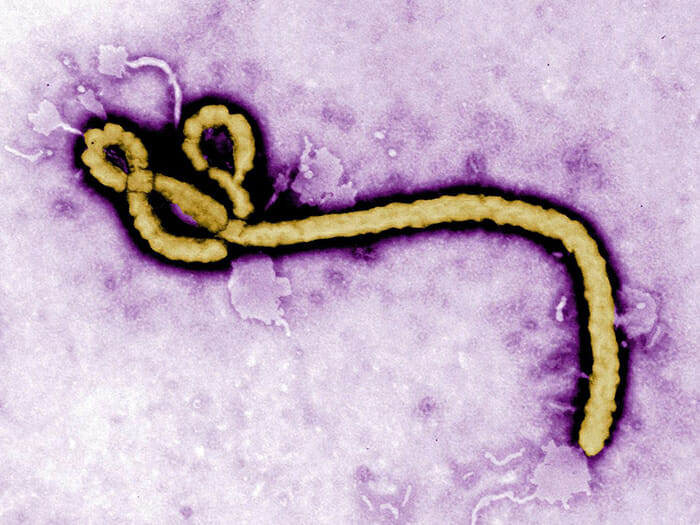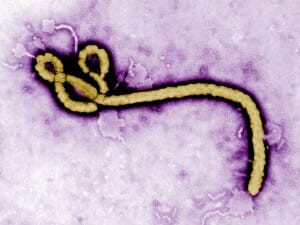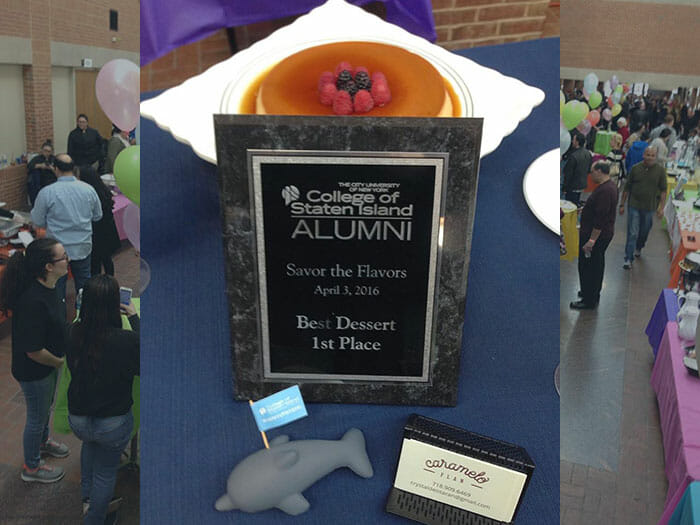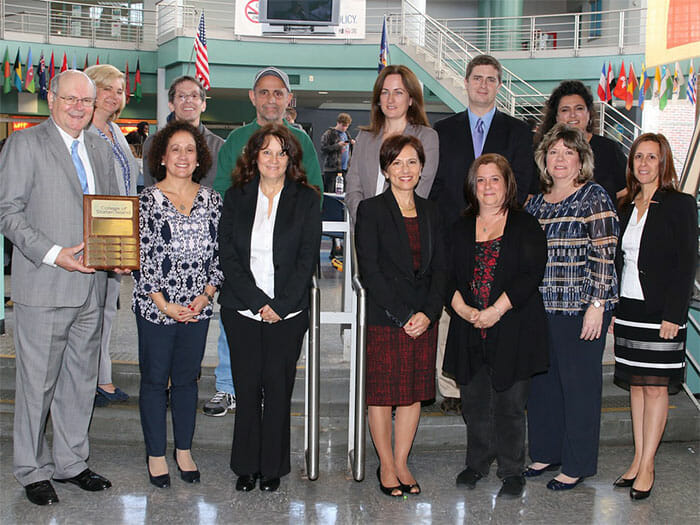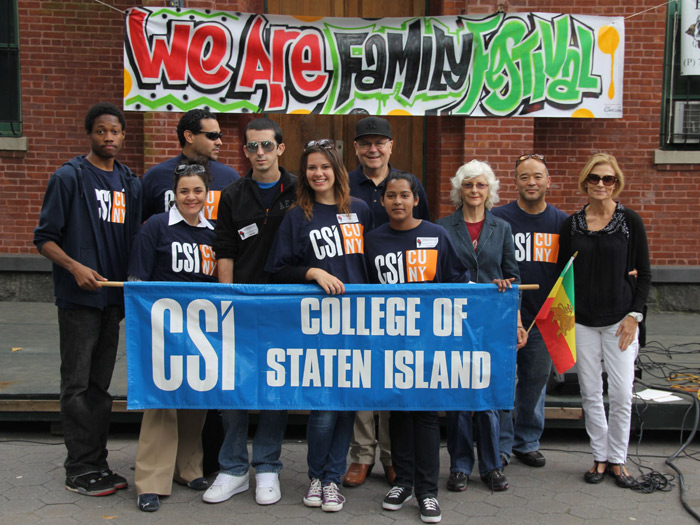The Ebola crisis has been reported upon in the United States in a manner that has obscured the suffering faced by the most affected countries of Liberia, Sierra Leone, and Guinea, and the global risks it poses.
On Tuesday, November 25 at 7:00pm in the College of Staten Island’s Center for the Arts, the Department of Sociology and Anthropology presents a free public forum that will address many of the issues made evident by the outbreak.
World Health Organization head Dr. Margaret Chan has “unquestionably” called Ebola “the most severe acute public health emergency in modern times.”
“To effectively stop the spread of Ebola and other pandemics requires a fight against poverty, and a massive expansion of public health care infrastructure and services, not only in West Africa, but on a global level,” commented Jay Arena, Assistant Professor of Sociology and moderator of the forum.
“The research of CSI faculty investigates domestic and global issues and explores how they intersect and impact each other,” added Dr. Nan Sussman, Dean of Humanities and Social Sciences. “Global health, government responsiveness, and scientific research to alleviate disease and suffering are all topics of inquiry examined by our dedicated faculty .”
Topics include:
—What are the conditions faced by the most affected countries?
—Why have the health care systems of these three countries been so unprepared?
—What are the dangers of the epidemic spreading?
—Why has a vaccine not been developed despite this deadly virus being around for more than 40 years?
—What needs to be done to stop Ebola and future pandemics?
–What steps are being taken in the US to prevent a crisis here? And what prevented these or similar steps from being taken in the most affected countries?
Panelists Include:
–Teogba Porte, Africa Ebola Crisis Committee of Staten Island, is a Staten Island resident and has played a central role in organizing the Africa Ebola Crisis Committee of Staten Island and coordinating their educational outreach.
–Eric Lerner, Scientist and Activist, has been a leader in the campaign demanding a new 21st century, green, direct-government employment public works program. He is also the lead scientist at Lawrenceville Plasma Physics’ focus fusion program to create a safe, eco-friendly, cheap alternative energy source.
–Pat Kane, New York State Nurses Association, workss a nurse on Staten Island, was very active in providing support to Sandy victims on Staten Island, and is an activist in the New York State Nurses Association. Her union has been a leader in demanding that hospitals provide adequate equipment and training for health care workers to ensure the best care to patients stricken by Ebola and safety for workers.
–Agnes Kamara, Community activist and author of a book on the Liberian Civil War, was born and raised in Liberia and has written book on the country’s civil war, And Still Peace Did Not Come. She is currently a student at the College of Staten Island.
The United African Students of the United States of America is cosponsoring the event, which is CLUE certified for CSI students.

